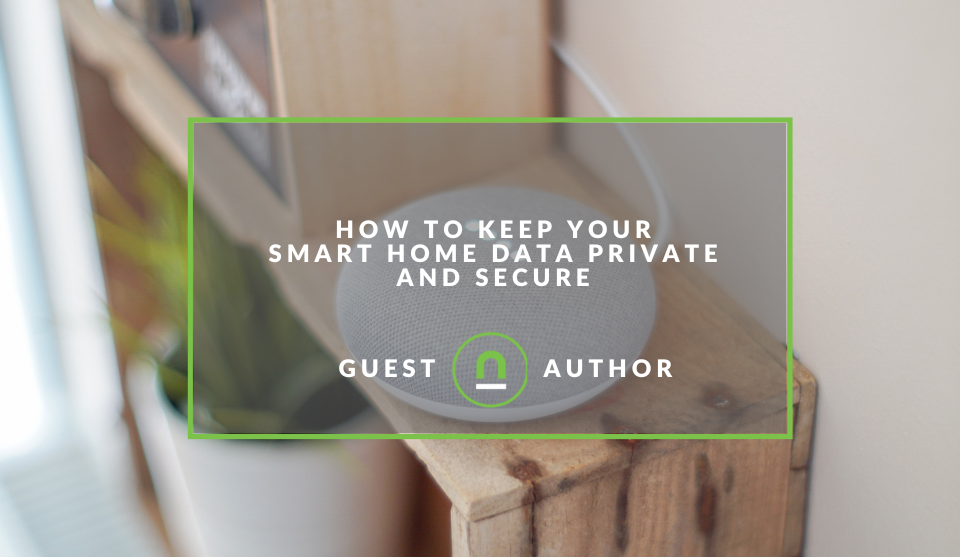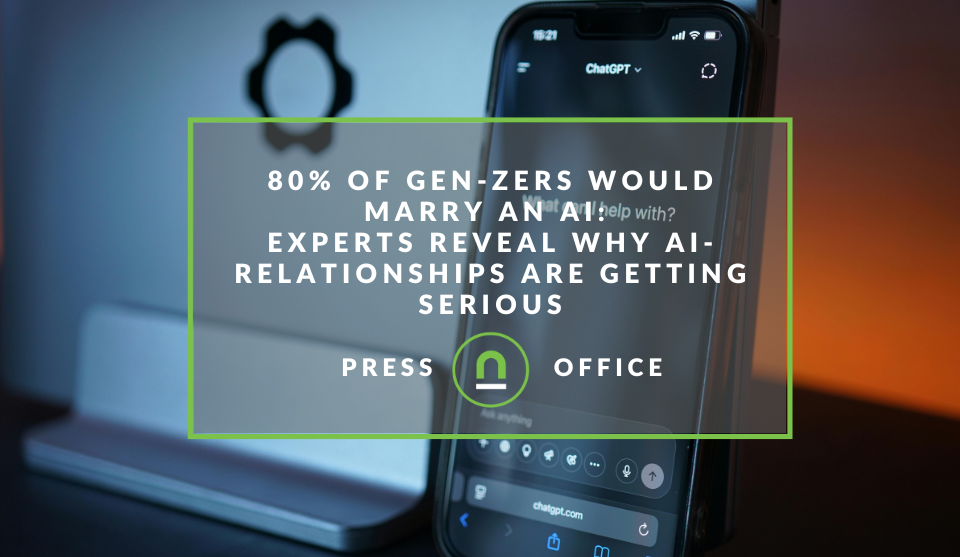Recent posts

Athletes
Peptide Use for Muay Thai Training
23 February 2026

Money Talks
A Guide To Mobile Trading Apps for South Africans
19 February 2026

Press Releases
Rehab Your Knee: A Free, Evidence-Based Guide to Smarter Recovery
12 February 2026

Money Talks
XRP vs. Stablecoins: Which Is Better for Cross-Border Payments in 2026?
28 January 2026
Popular posts
Extravaganza
Trending Music Hashtags To Get Your Posts Noticed
24 August 2018
Geek Chic
How To Fix iPhone/iPad Only Charging In Certain Positions
05 July 2020
Extravaganza
Trending Wedding Hashtags To Get Your Posts Noticed
18 September 2018
Money Talks
How To Find Coupons & Vouchers Online In South Africa
28 March 2019
How To Keep Your Smart Home Data Private and Secure
02 August 2022 | 0 comments | Posted by Dea Muric in Constructive Criticism
More sophisticated and digitalized homes are emerging. During the last two decades, the popularity and adoption of high-end technology coupled with internet power have increased at an overwhelming rate. A more streamlined, savvy, and hyper-personalized digital home environment is being developed by big tech companies like Samsung, Apple, Google, and many others.
In 2021, there were 7.6 billion IoT devices. It is anticipated that IoT-connected devices will reach a whopping 24.1 billion by 2030, meaning that each individual will own over three gadgets.
Smart home systems and applications make your life a lot easier, more convenient, more entertaining, and ideally customized to your own preferences. However, if technology and innovation increase your convenience at home, the chance of being a victim of cybercriminals also increases.
Hackers might steal your personal or financial data and use them inappropriately. Hackers can also take control of your digital devices, including smart cameras and microphones. Since homes are getting smarter and digitalized over time, it has become necessary to protect your home data.
Following are the five ways to keep your smart data private and secure.
Make sure your smart speakers are secured, and the features you aren't using are disabled
Smart speakers are quickly becoming an essential component of the contemporary digital home. However, 59% of those who do possess smart speakers report having confidentiality issues, compared to 63% of individuals who don't because they're concerned that hackers may steal their private information.
Researchers have recently discovered that smart speakers can be controlled with lasers, while cybercriminals have uncovered loopholes in wireless doorbell cameras.
The first rule of thumb is to not share personal data like bank details, digits, or any other sensitive information with digital speakers. Moreover, disable any features that are not in use.
Stay on top of things by holding the reins of monitoring
Digital home security devices not only facilitate efficiency and convenience but also make us feel protected in our homes. Thus, it makes sense that they can be investigated if concerns are raised about accessing our home data. In-home security protocols can violate privacy, so you should be aware of this possibility. You should take all the reigns of surveillance into your own hands if you want to stay on top of things to protect your personal data.
Enable 2FA and create extremely strong passwords
Usually, smart home devices come with simple-to-guess default passwords that are meant to be reset and modified. Change the default passwords right away after you purchase any device. Two-factor authentication (2FA) is typically an additional security measure that extends beyond a simple password. When using 2FA verification, a user must present extra identification evidence each time they try to log into a smart device. Set two-factor authentication, monitor all the connected devices and disconnect any that are suspicious or unknown.
Verify that your router is encrypted
In most smart homes, smart devices connect to the Internet via your router, so if a cyberpunk breaches your router, data could be viewed. Change the login details and use a lengthy, complicated, one-of-a-kind password to strengthen your router's security. Your home data is secured if you make sure that your router is utilising the strongest encryption possible.
Ensure that Wi-Fi sensing is enabled to prevent privacy threats
In this modern and digitally savvy world, Wi-Fi is an essential technology. WiFi sensing uses signals to identify and analyze activity. By utilizing artificial intelligence combined with machine learning, WiFi sensing sets itself apart from conventional motion detection. It helps in securing your private home data by simply monitoring the locations and movement.
The bottom line
Our life now cannot function without the use of smart gadgets. Even though these devices make our lives more convenient, they also increase the chances for a hacker to access our private data.
Even if you get the priciest digital devices from reputable manufacturers, the protection of your smart home ultimately rests on your own shoulders. Therefore, conduct your own research before making any purchase and follow the tips mentioned above to stay protected and secure.
Tell us your story
Would you like to write for nichemarket just like Monica has? Find out how to submit a guest post and when you're ready, you can contact us.
Are you looking to promote your business?
South African construction businesses can create your free business listing on nichemarket. The more information you provide about your business, the easier it will be for your customers to find you online.
Registering with nichemarket is easy; all you will need to do is head over to our sign up form and follow the instructions. If you require a more detailed guide on how to create your profile or your listing, then we highly recommend you check out the following articles.
Recommended reading
If you enjoyed this post and have time to spare why not check out these related posts and dive deeper down the rabbit hole that is homeownership.
- 7 Best Home Décor Trends for 2020
- How to Take Proper Care of Your Home
- How To Bring The Camping Experience Home
- How To Make a Bright Atmosphere at Home
- Best Reasons to Invest in a Home Security System
- Here Is Why You Should Buy a Home in 2019
Tags: Smart Home, Data Privacy, Technology, Home Safety, Guest Post
You might also like
80% of Gen-Zers Would Marry an AI
19 January 2026
Posted by Steph M in Press Releases
Experts reveal why AI relationships are getting serious, and the reasons why 4 in 5 young people are open to marrying ai as human dating becomes too ...
Read morePeptide Use for Muay Thai Training
23 February 2026
Posted by Che Kohler in Athletes
As a Muay Thai fighter, you will have your fair share of knocks and injuries, which means a robust recovery protocol will make all the difference in ...
Read more{{comment.sUserName}}
{{comment.iDayLastEdit}} day ago
{{comment.iDayLastEdit}} days ago
 {{blogcategory.sCategoryName}}
{{blogcategory.sCategoryName}}

